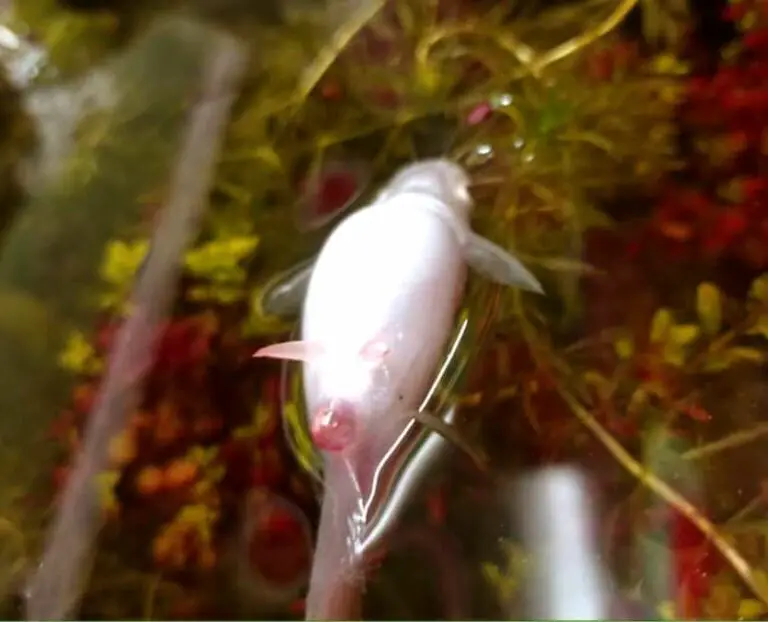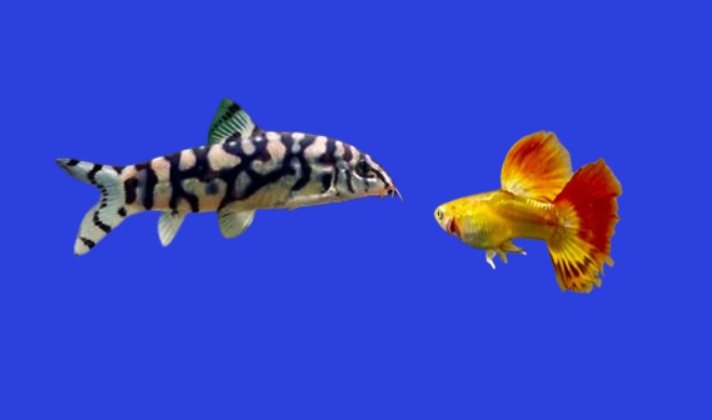Do pond guppies like rain?
Generally, rainy water is not suitable for any fish variety due to several reasons.
Do pond guppies like rain? Depending on the water condition, guppy reacts to the rain. In cities, the rainwater would have high pH levels and many other harmful chemicals. These chemicals would affect the growth of the guppies. In the worst case, the guppies would have difficulty surviving.
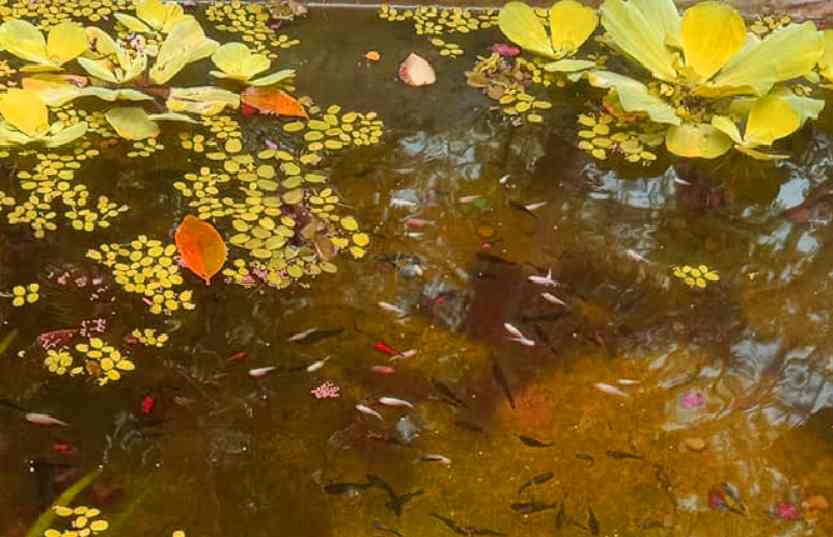
Table of Contents
- Is rainwater good for guppy fish?
- What happens to a pond when it rains?
- Will rain make my guppy pond cloudy?
- Does rain increase pH in guppy ponds?
- Why do guppies die after raining?
Is rainwater good for guppy fish?
Rainwater contains various kinds of minerals and chemicals. Depending on where you live, the water quality changes. The village far from the cities might have clean and healthy water suitable for all kinds of fish.
In contrast, the metro cities are terrible when using rainwater for the fish. In the first rain itself, the pond might get contaminated with the lethal chemicals.
When good bacteria found in the pond start dying due to rainwater, the pond becomes suitable for the algae and harmful bacteria, which cause the fish to die.
Additionally, the pond water would become rich in ammonia and nitrite levels. The spike in the chemicals would affect the water condition in the tank.
Without the calcium and magnesium in the water, it would not be easy to prevent the growth of the pH level in the water. As a result, the illness would become a severe issue for the guppies, and eventually, they may die.
What happens to a pond when it rains?
A pond is quite sensitive to ecosystems. Fish in the pond has to go through the rapidly changing condition. Fish that are not immune to the environment fall sick as soon as they interact with the rainwater.
Rainwater is naturally cooler than pond water. It reduces the movement of the fish in the water. When the rain droplet starts falling in the pond, they start cooling down the water making it difficult for the guppies to breathe. Cool water is not suitable for guppies.
The open sky can start warming up the pond water on opposite sites instantly once the cloud fades and the sun rises. The quick change in the water condition could stress out the guppies.
One or two points change in the pond water could start affecting the water health of the guppies. It also affects the pH level in the water. The fish prefer a pH level between 7 to 8.
Additionally, the overflow in the pond water could wash away the fish on the surface, and they die without the water. In the heavy rain, you have to keep an eye on the water level. You should have a proper water management system to avoid overflow in the pond.
Also, look for the mud and soil damage during the heavy rain. If too much dirt enters the pond, it will make the water condition lethal for the guppies.
Tiny Fish tank
Will rain make my guppy pond cloudy?
There are high possibilities that the guppy pond water becomes cloudy in the heavy rain. During the rain, the water droplet falling from the sky may enter the open pond.
Rainwater might have several kinds of minerals and chemicals to it. When the waterfalls in the pond become part of it, the chemical reaction occurs, which causes the water to appear cloudy.
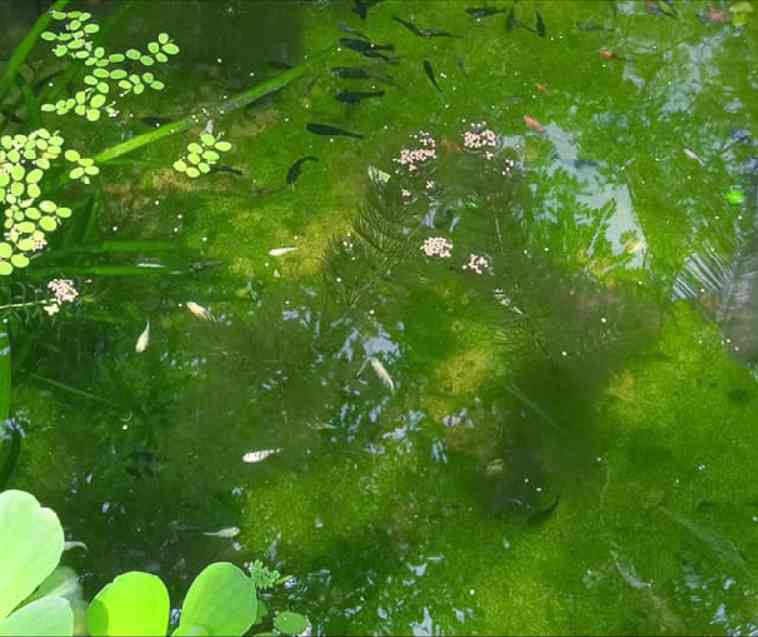
Another reason for the cloudy water in the pond is the bacteria blooms. Various types of bacteria thrive in the rainwater. Also, insects contribute to the spread of bacteria in the water.
You will also notice the increased nutrients, algae growth, and tannin. These bacteria produce a waste product that makes the water cloudy. Debris buildup pass by the groundwater in the pond also pushes the water muddy.
In some cases, the weather changes also affect the pond water condition. So check the chemicals in the water. Most probably, rising nitrate levels, dirt, and pH level are cloudy water.
Does rain increase pH in guppy ponds?
Acid rain is the cause of the high pH level in the guppy pond. Chemicals found in the rainwater could increase the pH level in the guppy pond. Acid rain is a mixture of various substances, including nitric and sulfuric acid.
Chemicals would reduce the pH value to less than 7, affecting fish health, plants, and shrimps. However, it may not harm the algae as they can survive at the low pH level easily.
Can guppies survive in rainwater?
Guppies can survive in the rainwater when it moderated to meet the requirement of the fish. Rainwater in the different regions would contain various kinds of properties. The harmful chemicals found in the rainwater accumulated from polluted air could make the rainwater dangerous.
As soon as the pH level in the water drops and the hardness level also goes down, the water becomes difficult to breathe to the guppies. As a result, the fish will start developing several kinds of health problems.
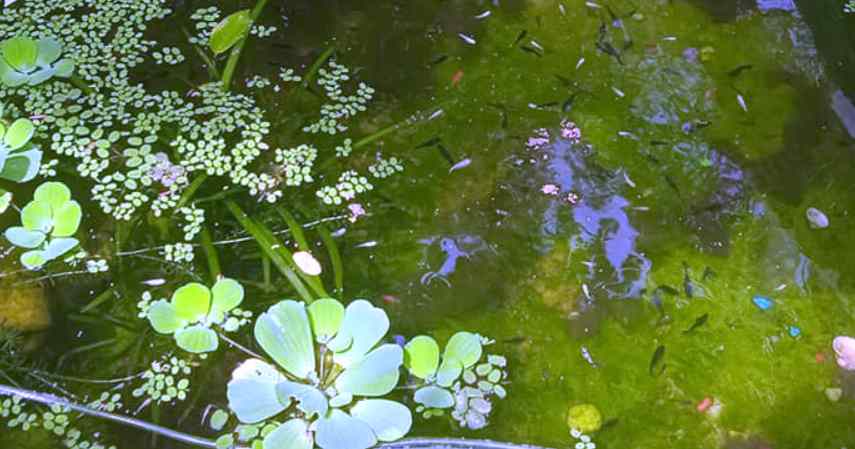
You have to keep the water condition in an adequate range to protect the interest of the guppies. Every time it rains, the water needs treatment to make it suitable for the guppies.
Retest the water for pH level and hardness. In many cases, the hardness of the water goes up due to the dirt passed to the water. Also, there are possibilities that the opposite can happen.
Why do guppies die after raining?
Change in the pH level and hardness of the water is one of the reasons why the guppies die after it rains. The guppies must get a suitable environment to survive. Rain would bring various substances in the water which are harmful to the fish.
As the water becomes contaminated, it will become dangerous for the guppies, and as the level increases, the guppies died. Rainwater needs to manage if you want your guppies to survive properly.
Do not allow any external properties to enter the water. Even the direct droplet of the rainwater can affect the water condition, so protect the pond from the rainwater in the rainy season.
Keep the other species such as insects, mosquitoes away from the pond. Cover the pond with a sheet of plastic and allow only sunlight to pass through the cover.
Dirt and dust falling into the water could make the water cloudy. It will be difficult for the fish to survive in dirty water conditions. Once the water becomes cloudy, significant water change is required.
Related Article :-
https://www.tinyfishtank.com/why-are-my-pond-fish-hiding-all-of-a-sudden/
https://www.tinyfishtank.com/how-to-breed-guppy-in-mud-ponds/
https://www.tinyfishtank.com/what-is-guppy-anal-prolapse/
https://www.tinyfishtank.com/do-guppies-eat-frog-eggs/
https://www.sciencedirect.com/science/article/abs/pii/S1352231004010362
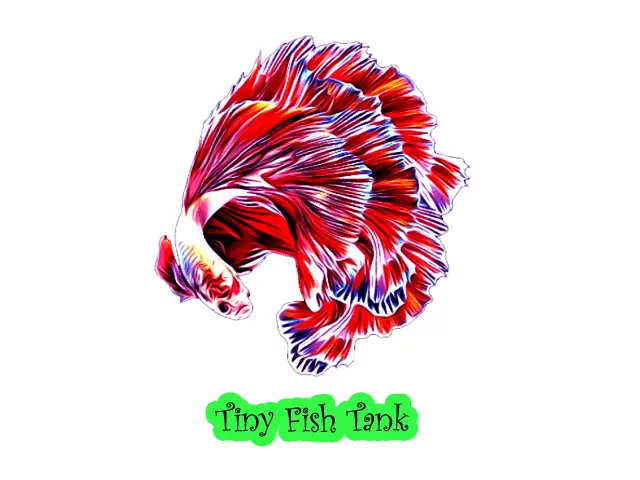
![Why Is My Guppy Turning White? [8 facts]](https://www.tinyfishtank.com/wp-content/uploads/2021/07/Why-Is-My-Guppy-Turning-White.png)
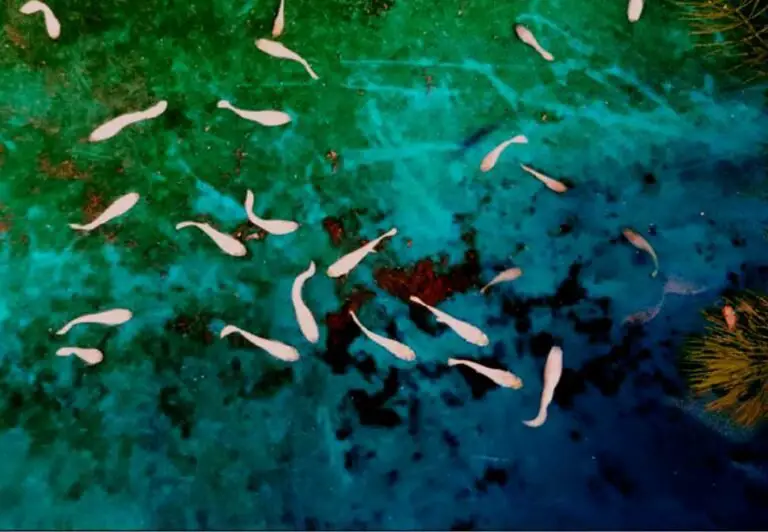
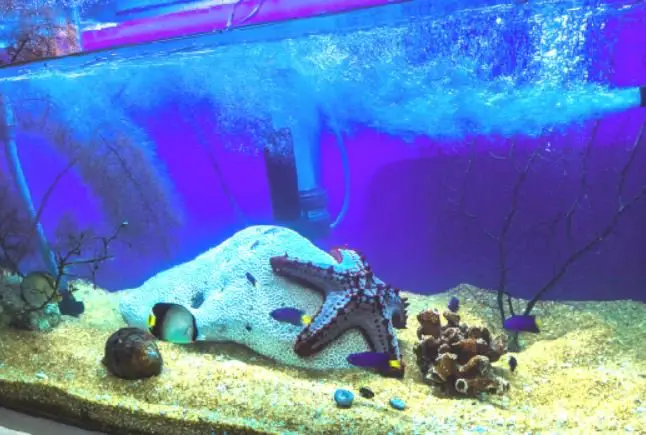
![Can guppy live without an eye? [5 Amazing Facts]](https://www.tinyfishtank.com/wp-content/uploads/2021/07/Can-guppy-live-without-an-eye.png)
